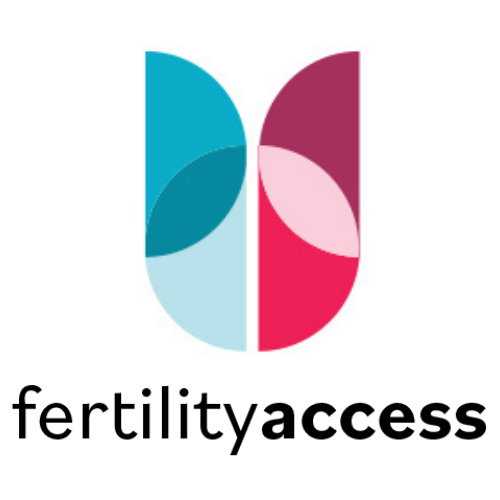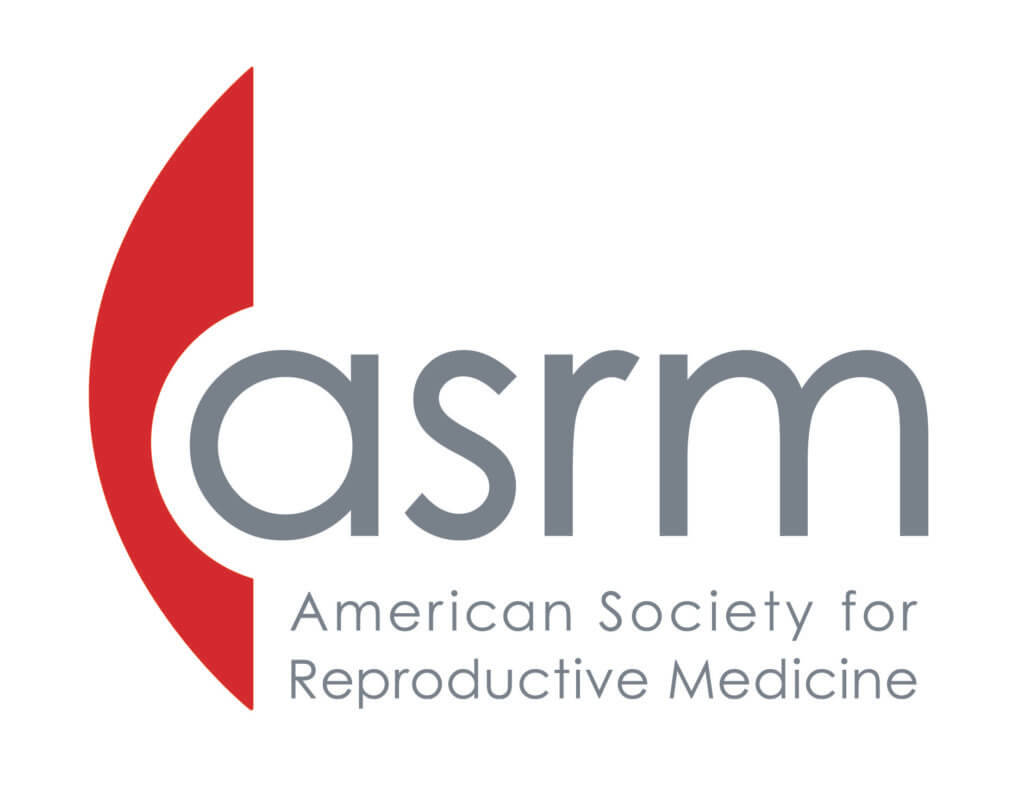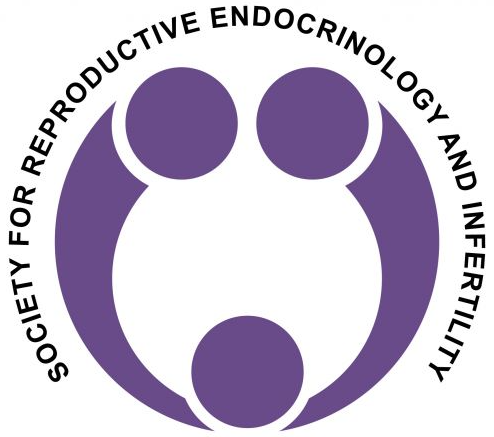At the Center for Reproductive Medicine (CRM), we are dedicated to helping individuals and couples achieve their dreams of becoming parents.
One of the most effective and life-changing options we offer is egg donation.
In this blog, we will provide an overview of what egg donation is, who it can help, the emotional aspects of using donor eggs, and details about our egg donor process.
We will also discuss the benefits of becoming an egg donor and how this generous act can help others realize their dream of parenthood.
What is Egg Donation?
Egg donation is a process in which a woman (the donor) donates her eggs to another person or couple (the recipient) to help them conceive a child.
Or, as our Donor Team would describe it, “Egg donation is giving the gift of having a family to people that otherwise would not be able to do so.”
This process is typically used in assisted reproductive technologies such as in vitro fertilization (IVF). The donor eggs are retrieved and fertilized with sperm in a laboratory, and one of the resulting embryos is transferred to the recipient’s uterus, or the embryos are frozen for future use.
Who Can Benefit from Egg Donation?
Egg donation can be beneficial for a wide range of individuals and couples facing various fertility challenges:
- Women with Diminished Ovarian Reserve: As women age, the quantity and quality of their eggs decline. For women with diminished ovarian reserve, using donor eggs can significantly increase the chances of achieving a successful pregnancy.
- Women with Genetic Disorders: For women who carry genetic disorders that they do not wish to pass on to their children, using donor eggs can help ensure the health and well-being of their future offspring.
- Women with Premature Ovarian Failure: Premature ovarian failure, also known as premature menopause, occurs when a woman’s ovaries stop functioning before the age of 40. Egg donation offers a viable solution for these women to conceive.
- Same-Sex Male Couples: Same-sex male couples who wish to have a biological child can use donor eggs along with a gestational carrier (surrogate) to achieve their family-building goals.
- Women Who Have Undergone Cancer Treatments: Cancer treatments such as chemotherapy and radiation can negatively impact a woman’s fertility. Egg donation provides an option for women who have survived cancer and wish to start or expand their families.
The Emotional Side of Using Donor Eggs
The decision to use donor eggs can be emotionally complex for the intended parents. It often involves mourning the loss of a genetic connection to their child while also embracing the joy and hope that comes with the possibility of parenthood.
At CRM, we understand the emotional journey and offer comprehensive support throughout the process. Our Donor Team explained that all recipients of donor eggs and donors meet with a mental health provider to discuss the implications of using donor eggs. This is a very informative meeting, and it helps everyone throughout the process.
That is why we offer support and counseling to help intended parents navigate their feelings and make informed decisions. Our team is here to listen, offer guidance, and ensure that our patients feel supported every step of the way.
“We would also like patients to know that our egg donation program is completely anonymous,” adds the Team. While we do not disclose the egg donor’s identity to the intended parents, ancestry and DNA testing sites have allowed donor-conceived persons to search out and locate biological connections later in life.”
Our Egg Donor Process at CRM
At CRM, we have a comprehensive and supportive egg donor program designed to ensure a positive experience for both donors and recipients. Here is an overview of our egg donor process:
Step 1: Application and Initial Screening
Prospective egg donors begin by completing an online application. This initial screening assesses basic eligibility criteria, including age, health, and lifestyle factors.
Step 2: Comprehensive Evaluation
Eligible candidates undergo a comprehensive evaluation, which includes medical, psychological, and genetic assessments. This thorough screening ensures that donors are in excellent health and fully understand the donation process.
Step 3: Matching with Recipients
Once approved, donors are matched with recipients based on various criteria, including physical characteristics, medical history, and similarities in life experiences. Our goal is to create the best possible match for a successful outcome.
“Recipients fill out a characteristic form of themselves, including hobbies, interests, and education level,” explained our Donor Team. “They also indicate what is important for them to see in an egg donor. We then use the form to match them to their prospective donor.”
Step 4: Ovarian Stimulation
Donors undergo ovarian stimulation, a process where fertility medications are used to encourage the ovaries to produce multiple eggs. This step is closely monitored with regular appointments and ultrasounds.
Step 5: Egg Retrieval
Egg retrieval is a minor surgical procedure performed under sedation. During this procedure, eggs are collected from the donor’s ovaries. The retrieval process is typically quick and involves minimal discomfort.
Step 6: Compensation and Follow-Up
After the egg retrieval, donors receive their compensation and are provided with follow-up care to ensure their well-being. At CRM, we offer competitive rates to our donors, recognizing their invaluable contribution to helping others build their families.
The Impact of Egg Donation
“CRM has a fresh donor program that is highly successful,” our donor team said. “Giving the good news that someone is pregnant is very rewarding. Our donors also find out this result. They, too, are thrilled by that good news, which is a rewarding message for their effort.”
Egg donation truly is a generous act that can have a profound impact on the lives of intended parents. By donating their eggs, women can help others overcome infertility challenges and realize their dream of becoming parents. The financial compensation is an added benefit, but many donors find the emotional reward of helping others to be the most fulfilling aspect of the experience.
Becoming an Egg Donor at CRM
“Moving forward with a fresh donor program at CRM is very rewarding for both intended parents and egg donors,” shared our team. “You are supported throughout the process, which makes for a good experience for all involved.”
If you are considering becoming an egg donor, we encourage you to learn more about our program and the significant role you can play in helping others achieve their dreams of parenthood. Our team at CRM is here to guide you through every step of the process, ensuring a positive and rewarding experience.
For more information about our egg donor program and how to apply, please visit our Egg Donor Program page.





